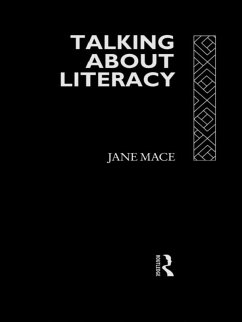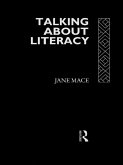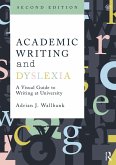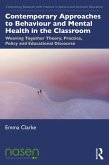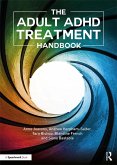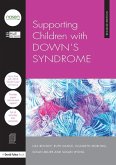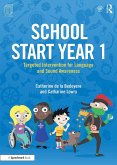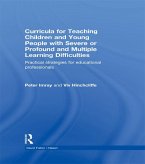This book looks in detail at five principles which Jane Mace suggests are central to the education of people who often can read, but wish they could read better; or who can technically write, but have a desire to do so with more expression and coherence. These principles focus on five themes: "context, inquiry, authorship, equality" and "community," which take seriously the view that adult students are writers as well as readers, and that they have an entitlement to be read, as well as to read others.
"Talking About Literacy" relates a set of ideas about literacy and learning to a range of examples from adult education and training, addressing the social contexts in which people read and write, whether for recreation or for academic and vocational purposes. While addressed primarily to those educating adults in the critical and confident use of reading and writing, this book will also be of interest to anyone who wishes to examine underlying assumptions about literacy and illiteracy.
Dieser Download kann aus rechtlichen Gründen nur mit Rechnungsadresse in A, B, BG, CY, CZ, D, DK, EW, E, FIN, F, GR, HR, H, IRL, I, LT, L, LR, M, NL, PL, P, R, S, SLO, SK ausgeliefert werden.

